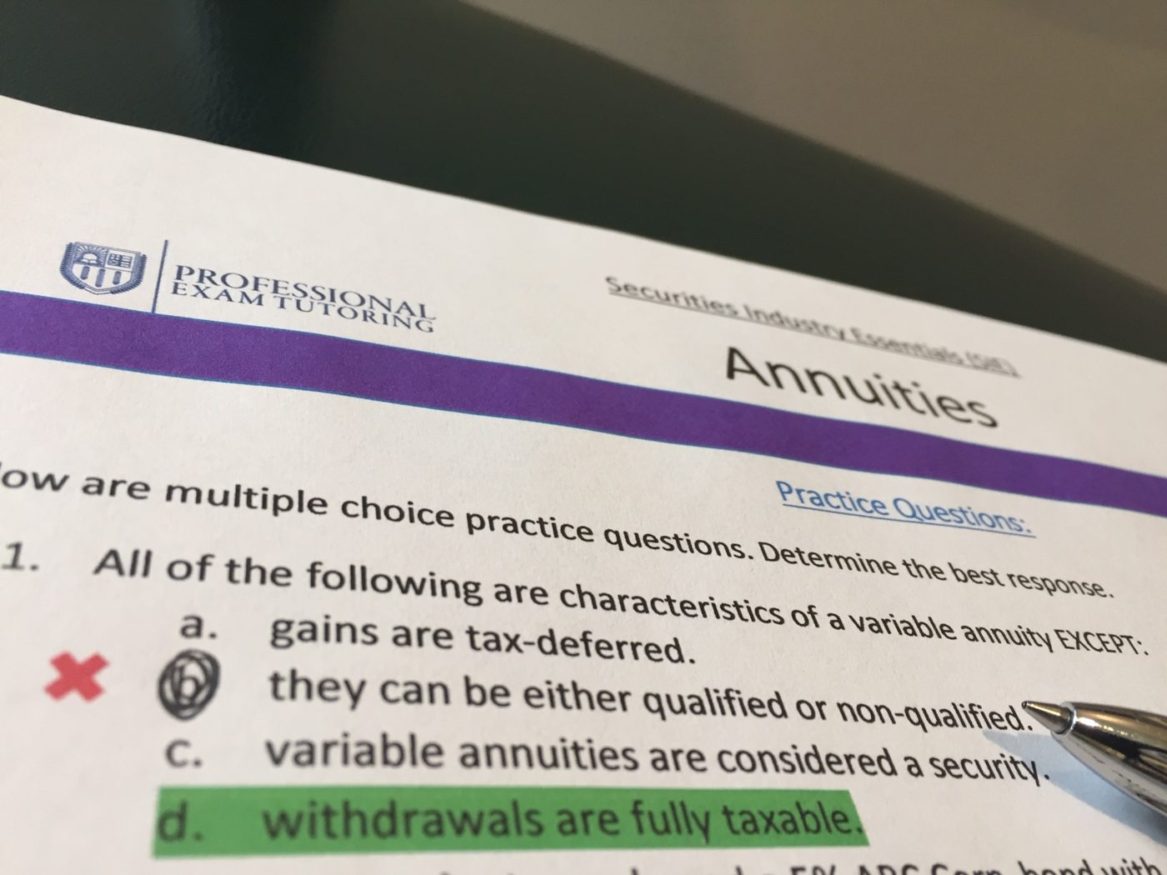There is one common study mistake that we see over and over again at Professional Exam Tutoring. It often costs students significantly…and the cost can come in the form of a failing grade.
In today’s post we address why there’s an easy fix, and how it can boost your score. Furthermore, we offer you a simple plan of attack on how to apply it effectively without too much extra work. If you need help, or just a few more points to get you over the finish line then read on!
Remember This
If there’s one thing to takeaway from this writing it’s that memory work can be crucial. Consequently, it’s not that hard…but we get more into that further down.
The most common study mistake that we see with many of the students that we tutor is around memorization. Memory work is monotonous, tedious, and boring. On top of all of that, it takes a lot of mental energy. And it’s our experience that anything requiring significant mental energy also needs serious self-motivation and discipline. As a result, memory work is often ignored, or minimal effort is put toward it.
For instance, when you’re studying by just taking practice questions, the questions are already written out, and you simply need to read and answer them. When it comes to memory work, you need to come up with your own lists of problem definitions and then take the additional step to rehearse them back, and remember them by repetition.
Easier said than done. So let’s make a plan.
Plan It In Your Study Schedule
When it comes to studying, you only have so many hours in the day. Chances are that your workday ends around 5 or 6pm, you need an hour or two for dinner and clean-up, and then you have 2-3 hours to hit the books before you go to bed. As a result, you want to study as efficiently as humanly possible in the time that you have.
The SIE Exam difficulty level is up there, but the Series 7 Top-Off difficulty level is even higher. A failed Series 79 exam or Series 86 exam could be the result without the right study approach. You’ll need a fool-proof way to pass these exams, and we have an important piece of the puzzle to share with you. The key is that you implement it into your study schedule.
The Process
First, take at least 3 practice exams for whatever exam your studying.
After these three exams, carefully scan through them to determine what definitions, rules, and regulations you seem to be getting wrong. You can also note any formulas that don’t seem to stick. Write these out on a sheet that isn’t scratch paper, and one that you can keep with you at all times. Some people also type these out onto a Word document. Either way, we want a central location for your personalized “study sheet.”
Next, continue to take practice exams/tests and add to your list of definitions. You’ll likely have a list 5-10 pages long (sometimes even longer!).
As you continue taking practice exams, incorporate at least 30 minutes into your day to memorize definitions or formulas from this sheet. If you can’t get through as many questions in a day while memorizing your study sheet, then don’t worry, prioritize the memory work toward the early part of your studying.
Keep memorizing, and lower the number of questions you do in a day. If that means you go from 75 questions per day to 55 or even 40, then so be it. Your practice scores are only going to improve once you know the content, studying and memorizing the necessary content is key.
Avoid This Common Study Mistake
A common study mistake when it comes to the study sheet, is that students only skim over it rather than study it intently. Take it in bite sized pieces. For instance, try to memorize three definitions/rules per day. This means that you should know them “cold”, not just a little bit. The next day, memorize another three words, and also review the three from the previous day. After 10 days of this your review sessions will become quite long. However, also important, is that your first day’s words will have become fairly rock solid. You can then drop those words and revisit them once per week. They should be retained in long term memory at that point, or close to it.
With enough work, you can get through 90 definitions/rules in 30 days. Remember, these are ONLY rules that you keep getting wrong on practice questions, or don’t quite know thoroughly. There is no sense in studying definitions you already know, and consistently get right.
If you do this, you fill in a significant gap that most others ignore. This tedious work has a major payoff and will often add at least 5 to 10 points to your practice scores. Stay disciplined, and stay focused and you’ll get there! Good luck!

